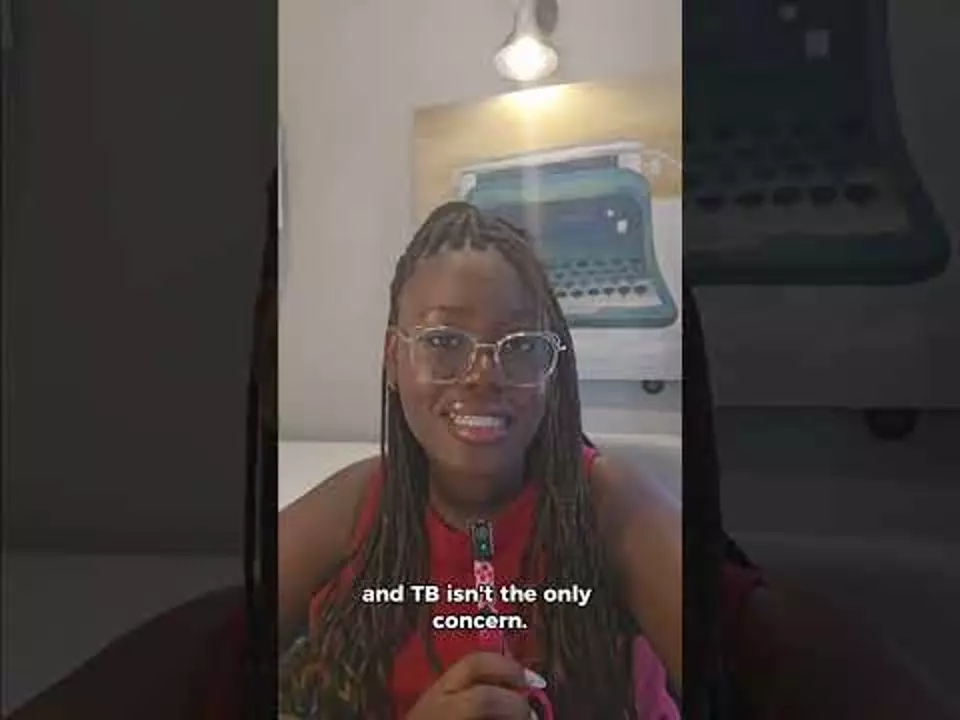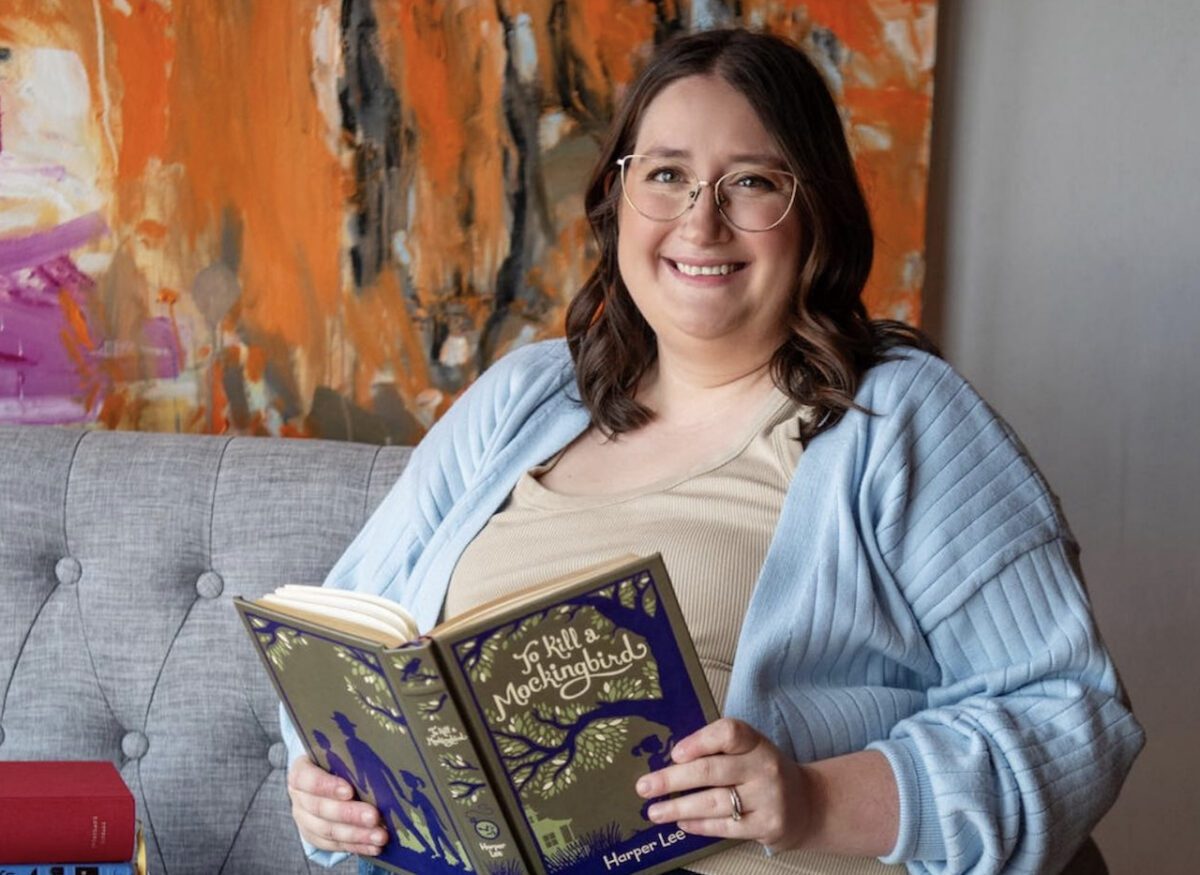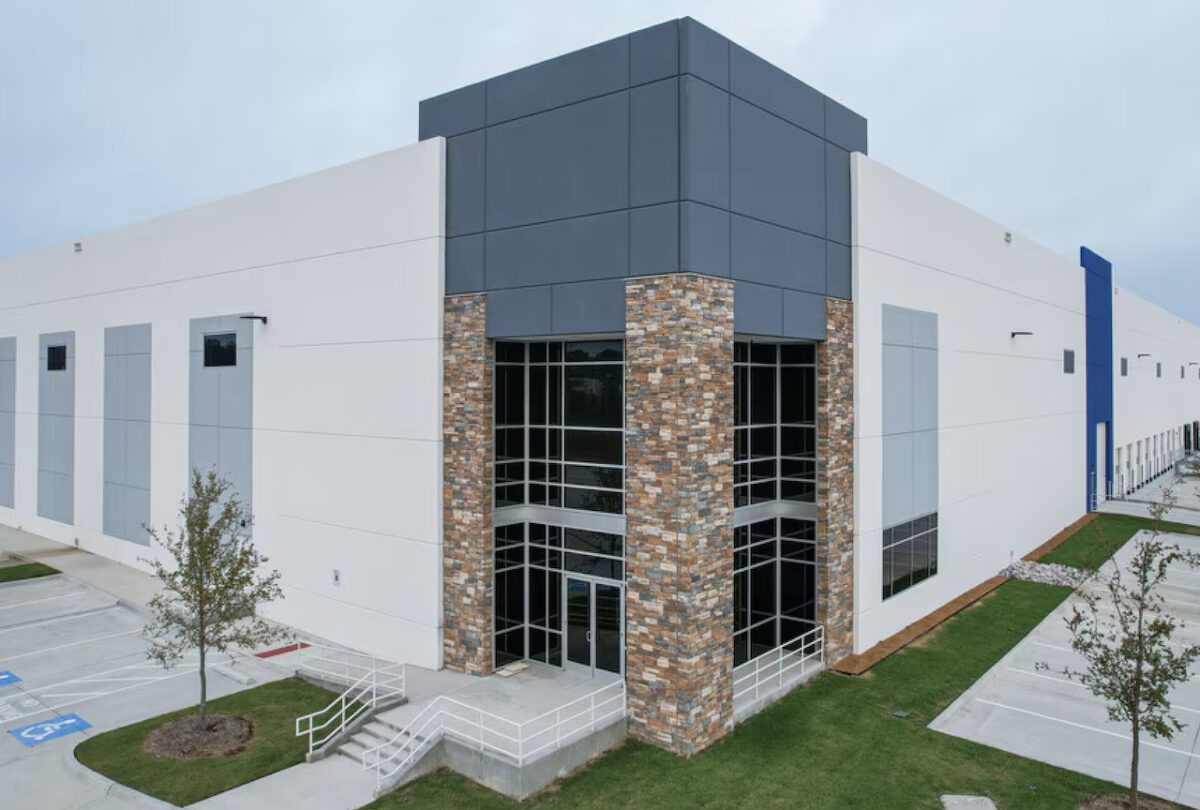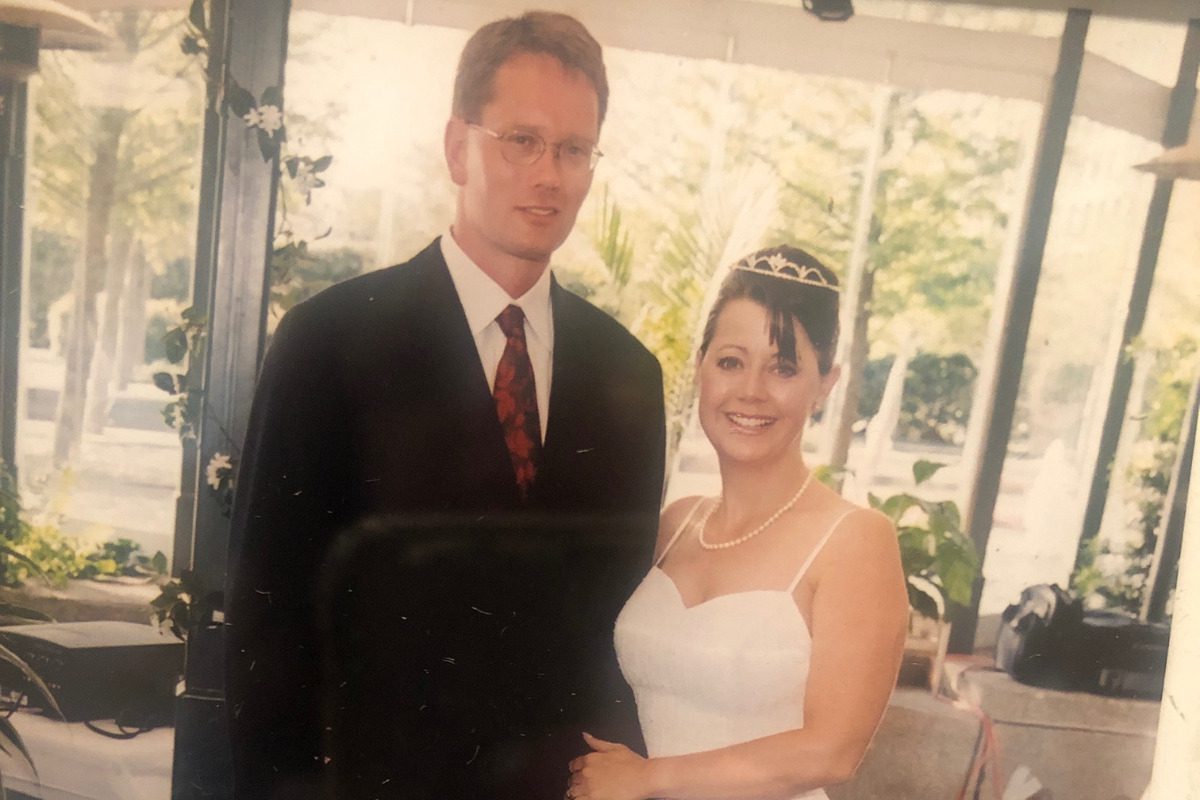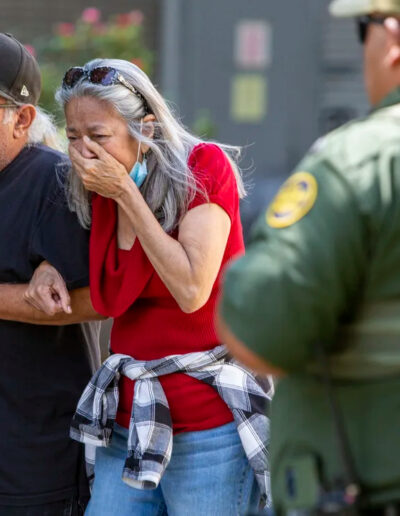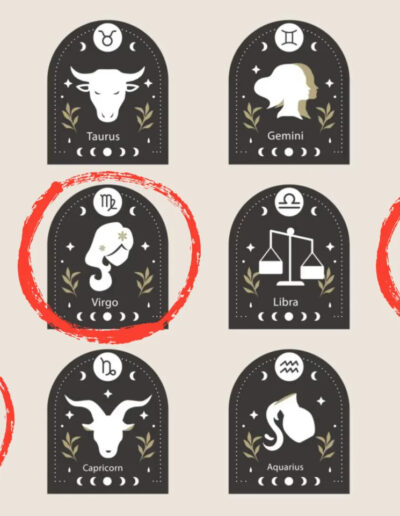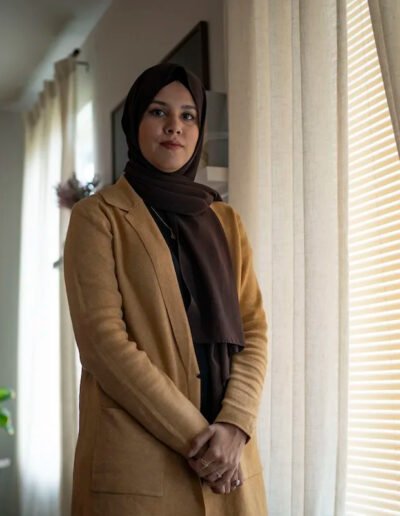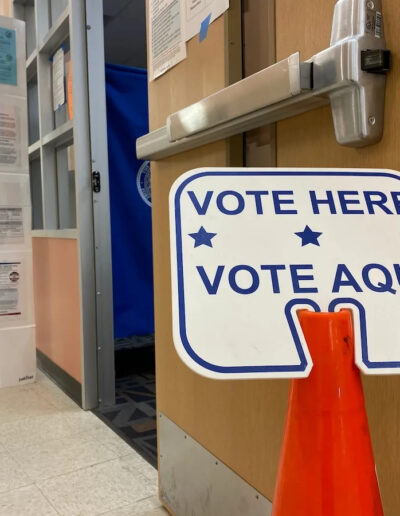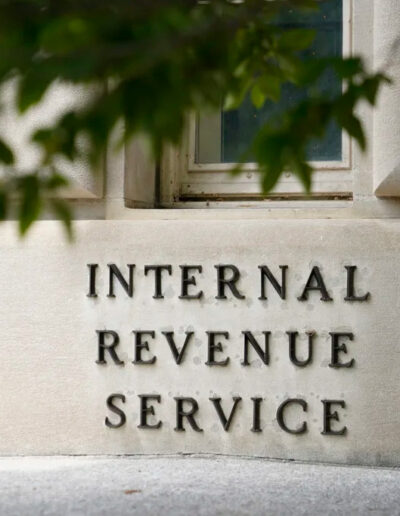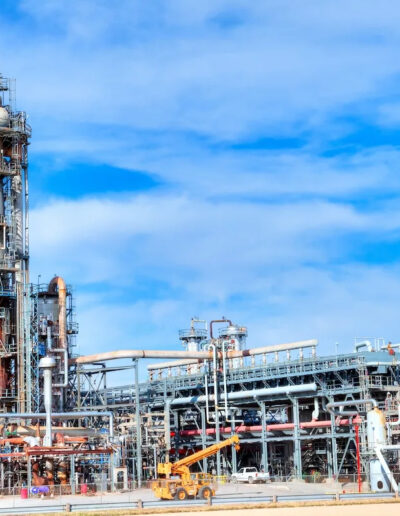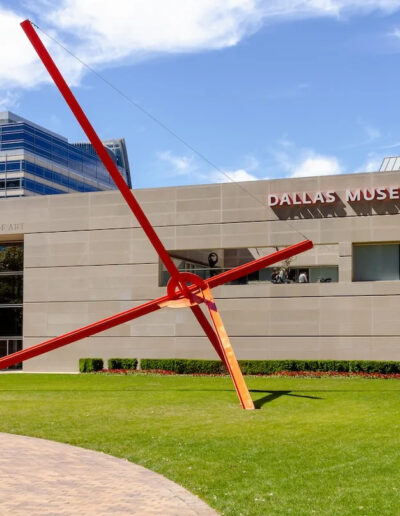
FILE - Former President Donald Trump speaks during a news conference at Trump Tower, May 31, 2024, in New York. Trump has had plenty to say since his hush money trial conviction last week. What he hasn't done is utter any variation of the words that might benefit him most come sentencing time next month: "I'm sorry. (AP Photo/Julia Nikhinson)
Just days after Donald Trump became a convicted felon, new reporting shows that nine Trump witnesses received hefty financial payouts, promotions, and other benefits, some at “delicate” moments during the former president’s court cases.
In the wake of former president Donald Trump’s conviction on 34 felony counts of falsified business records last week, new reporting from ProPublica shows that nine witnesses in Trump’s multiple criminal cases received “significant financial benefits” from his media company, campaign, and other business endeavors.
Many of these financial benefits were doled out at meaningful moments during the former president’s legal proceedings, raising questions about the possibility of witness tampering—though legal experts told ProPublica that proving such tampering would be a significant challenge. In order to constitute a crime, prosecutors would have to prove that Trump and his team paid out raises, gave financial bonuses, or provided promotions with the explicit and express intent of influencing trial testimony.
But despite these legal barriers, lawyers like former US attorney Barbara McQuade told ProPublica the pattern detected among Trump witnesses “feels very shady.”
While there’s no evidence that Trump himself directly authorized payments or raises, the former president famously values loyalty from those in his orbit and is unafraid to openly disparage perceived opponents. In fact, Trump even took to his Truth Social platform last year to publicly discourage Georgia Lieutenant Governor Geoff Duncan from testifying before a grand jury regarding Trump’s alleged efforts to overturn the 2020 election results.
“I am reading reports that failed former Lt. Governor of Georgia, Jeff Duncan, will be testifying before the Fulton County Grand Jury,” Trump wrote. “He shouldn’t.”
Big payouts for Trump contacts after election interference testimony
Per ProPublica’s new report, the questionable benefits afforded to witnesses in Trump’s multiple court cases extended to representatives in both his political and business dealings, from direct legal counsel to campaign staffers to employees at Mar-a-Lago, Trump’s Palm Beach resort.
One notable example is Boris Epshteyn, an attorney and investment banker who gained notoriety for his role in Trump’s attempts to overturn the 2020 election results. ProPublica points to Epshteyn’s 2022 testimony before a Georgia grand jury that ultimately indicted Trump on election interference charges. In April 2023, Epshteyn was interviewed by the federal special counsel that brought conspiracy charges against Trump.
Records show that between November 2022 and August 2023, Epshteyn was paid an average of $26,000 monthly by way of his New Jersey-based business, Georgetown Advisory. These payments increased in the wake of Trump’s federal indictments, ultimately reaching some $53,000 per month.
While Trump officials have attributed Epshteyn’s significant raise to simply taking on more work in the leadup to the former president’s legal appearances, white-collar defense lawyers like Kenneth Notter of MoloLamken are troubled by the timing of such notable payouts.
“Any change in treatment of a witness is something that gets my heart rate up as a lawyer,” Notter told ProPublica.
Epshteyn isn’t the only Trump affiliate to benefit from financial raises and other apparent perks in the wake of the former president’s legal woes.
Trump communications aide Dan Scavino, who had firsthand access to Trump during the weeks leading up to the Jan. 6, 2021 insurrection, was reportedly given a “consulting deal” that paid out $240,000 annually only a month into the congressional probe surrounding Trump’s conduct in the last weeks of his presidency.
Scavino was later held in contempt of court for ignoring a subpoena calling him to testify about prior White House knowledge of the Capitol riots. While he was ultimately unable to avoid a second federal subpoena, Scavino’s testimony was void of any major new information shedding light into Trump’s conduct ahead of the insurrection.
ProPublica also reported that Scavino was granted a seat on the board of Trump’s media company “between getting the subpoena and testifying.” He further received a $4 million executive promissory note and a $600,000 “retention bonus,” though the precise dates of those payouts remain unclear.
A Trump spokesperson called Scavino one of the administration’s “most loyal allies” following his testimony.
Trump aides, lawyers also noted as beneficiaries
Leading Trump aide and political consultant Susie Wiles also received a $75,000 payout from the Trump campaign to her political consulting firm in the aftermath of the former president’s 2023 indictment regarding his handling of classified documents, the largest monthly amount her firm had ever received from the campaign. She was also given a 20% raise that May, a move that Trump officials told ProPublica was attributable to a simple contract renegotiation.
Wiles’ daughter, Caroline, was hired by the Trump campaign just a few months later and given a starting salary of $222,000, rendering her the campaign’s fourth-highest paid staffer. Caroline Wiles maintains that her job offer was based on merit and not her mother’s loyalty to Trump.
Members of Trump’s own legal team are also noted in the ProPublica report, including Atlanta-based attorney Jennifer Little and white-collar defense attorney Eric Corcoran, both of whom were compelled to testify before the grand jury regarding Trump’s handling of classified documents.
Just after her testimony, Little received her largest-ever payout from a Trump political action committee (PAC) totalling $218,000. Likewise, Corcoran’s legal firm received two payments totalling $786,000 in the aftermath of his March testimony—again breaking a record for highest single-day payment to the attorney for Trump’s campaign.
Again, Trump officials told ProPublica that these spikes in payout were due to larger workloads and the combination of multiple pay periods into single payouts.
Private records could reveal further payouts
Prior to Trump’s conviction in his New York hush money trial, concerns about potential witness interference were raised again. Allen Weisselberg, former chief financial advisor to Trump, was not called as a witness by prosecutors in last month’s proceedings because Weisselberg is still due several payments from a $2 million severance package agreed upon with the Trump Organization. The severance agreement includes a nondisparagement clause and language blocking Weisselberg from voluntarily cooperating with prosecutors.
And in Trump’s New York civil fraud trial last year, real estate executive and longtime Trump family friend Steve Witkoff testified in defense of the Trump Organization’s real estate practices. Just two months after Witkoff testified, the Trump campaign paid Witkoff’s company more than $370,000 for use of its private jet—a service the campaign had never previously compensated Witkoff for.
Trump officials told ProPublica that the campaign had simply opted to charter Witkoff’s aircraft for the sake of “availability, space, and convenience,” confirming that the jet had been used for several campaign-related trips.
ProPublica clarified that its reporting only includes publicly disclosed information regarding payouts, raises, and bonuses for Trump witnesses. While financial information pertaining to campaign committees is largely accessible to the public, most records regarding Trump’s businesses remain private, rendering it nearly impossible to track potential financial benefits for other witnesses and Trump allies.





